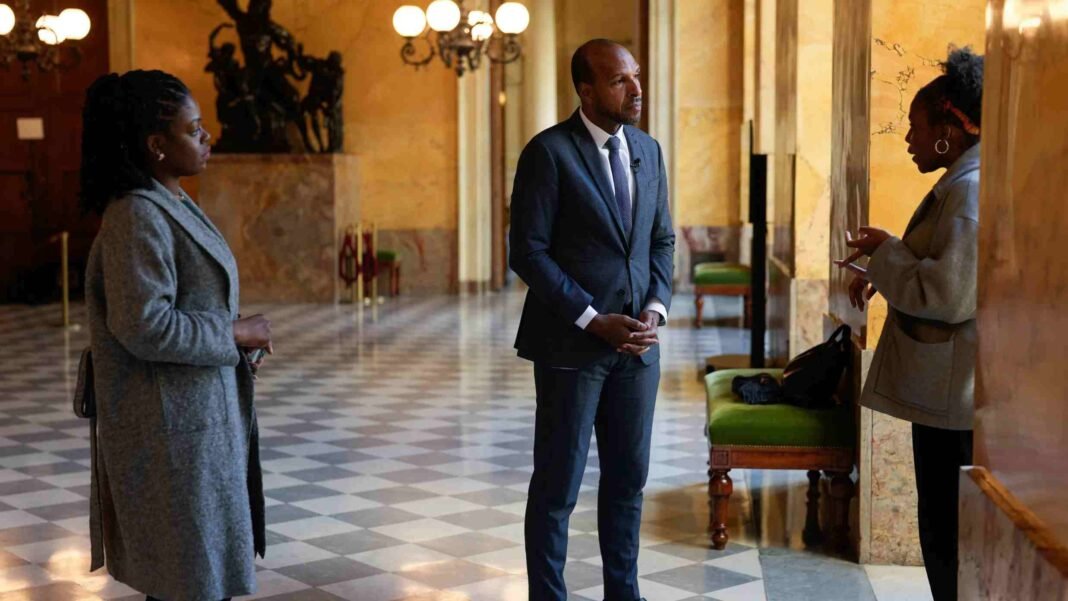France has taken a significant stride toward outlawing workplace discrimination based on hairstyles.
A bill has secured approval in the National Assembly and is now poised for debate in the Senate.
Under this law, employers will be prohibited from mandating hair straightening and from enforcing coverings for afros, dreadlocks, and braids.
The legislation aims to lend support to individuals, especially those of black descent, who have encountered hostility in professional settings.
Although the bill doesn’t explicitly target discrimination based on race, it is primarily motivated by addressing this issue.
Additionally, the law will extend protection to individuals with blonde or red hair, as well as those who are bald, shielding them from what it terms “hair prejudice.”
The initiative was put forth by Olivier Serva, a member of parliament from the French Caribbean island of Guadeloupe. Serva cited an American study revealing that a quarter of black women reported being rejected for jobs due to their choice of hairstyle during interviews.
Serva remarked, “People who don’t conform to Eurocentric norms face discrimination, stereotypes, and bias.”
Critics argue that existing French legislation already prohibits the collection of personal data pertaining to an individual’s race or ethnicity, aligning with the French Republic’s “universalist” principles.
However, anti-racism advocates express concern over the absence of the term “racism” in the bill, especially considering the significant number of individuals, including public figures, who have endured disparaging remarks online due to their natural hair.
They assert that black individuals are predominantly targeted by hair discrimination.
Social anthropologist Daphne Bedinade emphasized in an interview with Le Monde newspaper, “Framing this solely as hair discrimination overlooks the challenges faced by individuals whose hair makes them targets of discrimination, particularly black women.”
Guylaine Conquet, a journalist from Guadeloupe who previously worked for French television on the Caribbean island, revealed her experience of being advised to straighten her hair to appear more professional.
She recounted her transition back to natural hair in 2015, describing it as a difficult adjustment. Conquet noted the pressure she faced from her audience, stating, “They were scrutinizing me, sending messages—you know, saying it’s unattractive, questioning why I chose to do it… So, there was a lot of pressure.”
In 2022, Aboubakar Traoré, a black crew member at Air France, won a decade-long legal battle for the right to wear braided hair on flights, following a ruling by France’s highest appeals court.
However, the court’s decision was based on gender, as Traoré’s female colleagues were already permitted to wear braids.




